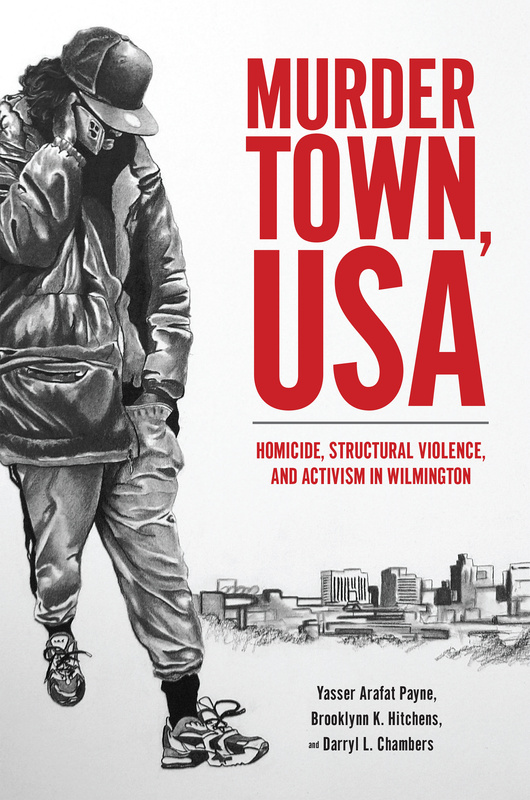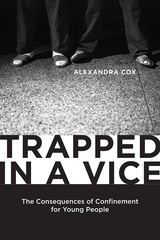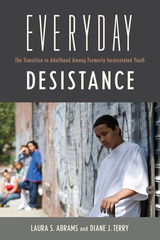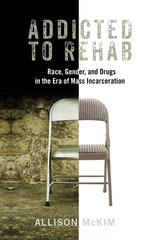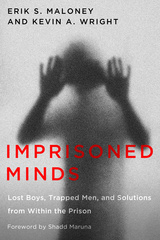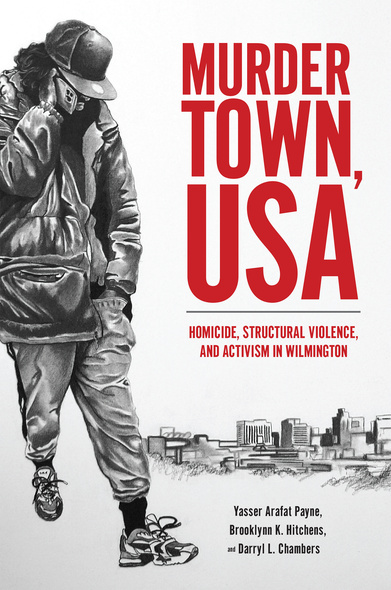
Murder Town, USA
Homicide, Structural Violence, and Activism in Wilmington
Earlier scholars offered rich cultural analysis of violence in low-income Black communities, and yet this literature has mostly conceptualized violence through frameworks of personal responsibility or individual accountability. And even if acknowledging the pressure of structural inequality, most earlier researchers describe violence as the ultimate result of some moral failing, a propensity for crime, and the notion of helplessness. Instead, in Murder Town USA, Payne, Hitchens, and Chamber, along with their collaborative team of street ethnographers, instead offer a radical re-conceptualization of violence in low-income Black communities by describing the penchant for violence and involvement in crime overall to be a logical, "resilient" response to the perverse context of structural inequality.
Murder Town, USA covers essential terrain for sociologists and other social scientists to more aggressively venture into such that the complexities of contemporary African-American life can be more fully unpacked. The scholarship is sound and the writing is clear.
Most debates about the urban gun violence epidemic exclude the voices of those who are most grievously impacted. By centering the experiences of street-identified residents of Wilmington, Delaware and situating them within their structural context, Murder Town, USA is required reading for anyone in search of solutions.’
BROOKLYNN KRISTINA HITCHENS is an assistant professor of criminology and criminal justice at the University of Maryland. She recently completed a Postdoc in the Department (2020-2021). She is a sociologist and critical criminologist who studies race, class and gender inequities in crime, urban violence and trauma, along with urban policing. Using participatory action research (PAR) methods, she partners with low-income Black communities to reduce racial disparities in gun violence. Her work is primarily qualitative, through the use of ethnography, interviews, and focus groups – and she also utilizes mixed methods.
DARRYL L. CHAMBERS is the executive director of the Center of Structural Equity in Wilmington, DE; and this center houses four Street PAR projects, a gun violence prevention and outreach program and other various youth programs. Mr. Chambers is also a Research Associate at the Center for Drug and Health Studies (CDHS) at the University of Delaware. His responsibilities at CDHS include the SPF-SIG project, the Safe Haven Program, the Suicide Prevention Grant, and Crime Mapping in Wilmington, DE.
Part I: Context of Opportunity and Violence
1 A City of Banks: A Long Legacy of Economic Violence and Crime
2 “Welcome to Wilmington—A Place to Be Somebody”: Negotiating City Culture and Building Rapport
3 “Murder Town, USA”: Reframing Gun Violence and Resilience in a Small City
Part II: Management, Containment, and the Social Control of Black Wilmington
4 "I'm Still Waiting Man . . . on That Golden Ticket!" Education and Economic Justice, a Dream Deferred––in Perpetuity
5 “F-ck the Police!” Standing Up to the Policing Machine
6 “I Don’t Let These Felonies Hold Me Back!” HowThe Streets Radically Reframed Re-entry
Part III: Street Agency: Coping with and Ending the Structural Violence Complex
7 “Brenda’s Got a Baby”: Competing Roles of Black Women as Matriarchs and Hustlers
8 “Street Love”: How Psychological and Social Well-Being Interrupts Gun Violence
9 “Winter is Coming!” White Walkers, Revolutionary Change, and the Streets Call for Structural Transformation
Conclusion: Calling for a Radical Street Ethnography: Street PAR, SOR Theory, and the Bottom Caste
Notes
Bibliography
Index

